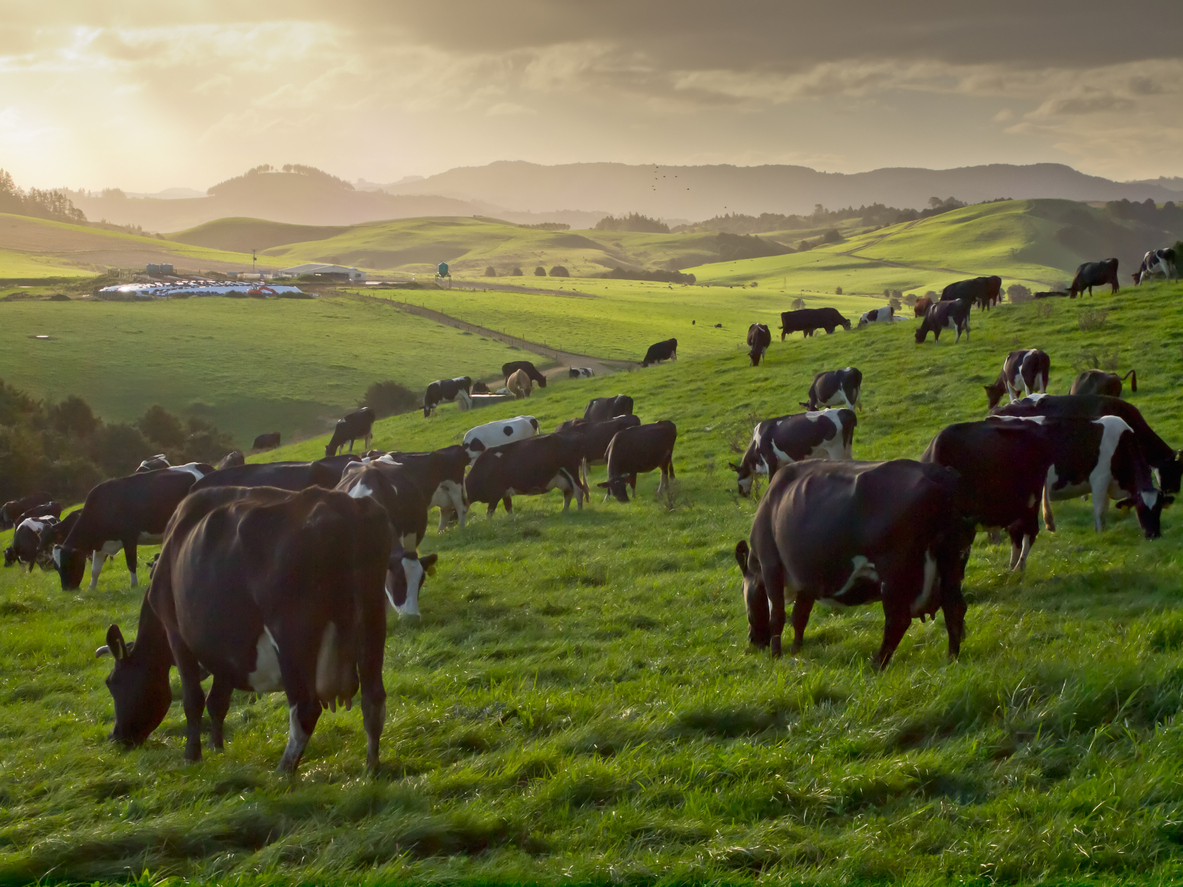Over 22,000 cattle will be culled in an effort to prevent further spread of the disease Mycoplasma bovis.
Minister for Biosecurity Damien O’Connor announced the cull on Monday after testing confirmed the disease was not endemic, meaning there was still a chance to eradicate it. The cull will involve 28 infected properties – six of which have already culled their infected animals – at an expected cost to Government of $60 million including compensation for affected farmers.
Massey University’s Associate Professor Richard Laven told Radio NZ none of the six possible routes into the country – importation of bull semen, cow embryos, vaccines, feed, machinery or live animals – were an obvious culprit.
“Semen is probably the highest chance, the difficulty with demonstrating it is semen is that you can find semen that is infected with M. bovis but that doesn’t mean to say it’s infected their cow if it was inseminated.”
He said that while bull semen had the highest likelihood, the odds were still low: “It is definitely possible to find live Mycoplasma bovis in the semen from bulls that are M. bovis positive, but it is unlikely. The figures in the literature suggest about one percent.”
He suggested New Zealand could bring in a requirement to test imported bull semen, but that it would be best left to market forces, since if farmers insisted on testing that would be a great enough driver.
The Ministry for Primary Industries confirmed on Wednesday that its warranted officers had searched three locations as part of an investigation associated with the M. bovis response. Spokesman Gary Orr said the searches related to potential breaches of legislation related to the response.
DairyNZ chief executive Tim Mackle told the NZ Herald that the searches would bring New Zealand closer to understanding how the disease entered the country. “If any farmers have put their fellow farmers, animals and livelihoods at risk, let alone the New Zealand economy at risk, then there need to be consequences, and that’s what other farmers are saying to me.”
“We are extremely concerned to hear that legislation may have been breached in this way. The biosecurity rules and laws are in place for good reasons, and this M.bovis outbreak is a sobering reminder of that.”
Meanwhile, MPI has confirmed meat from the culled animals will be exported, but even it some ends up for sale in New Zealand it will be safe for human consumption. Associate Professor Laven said he’d be “happy to eat meat from Mycoplasma-infected animals”.
